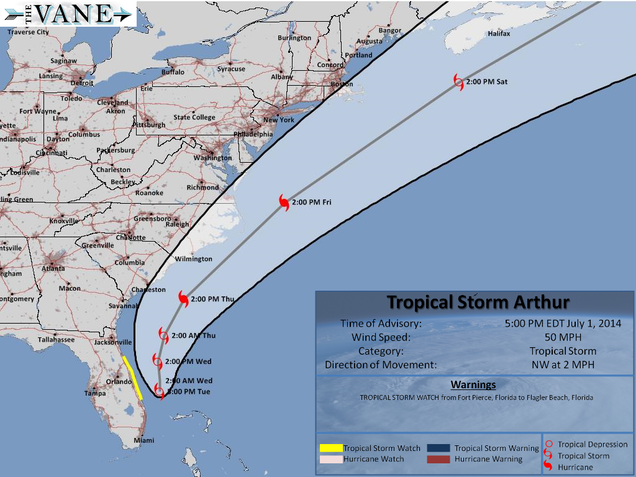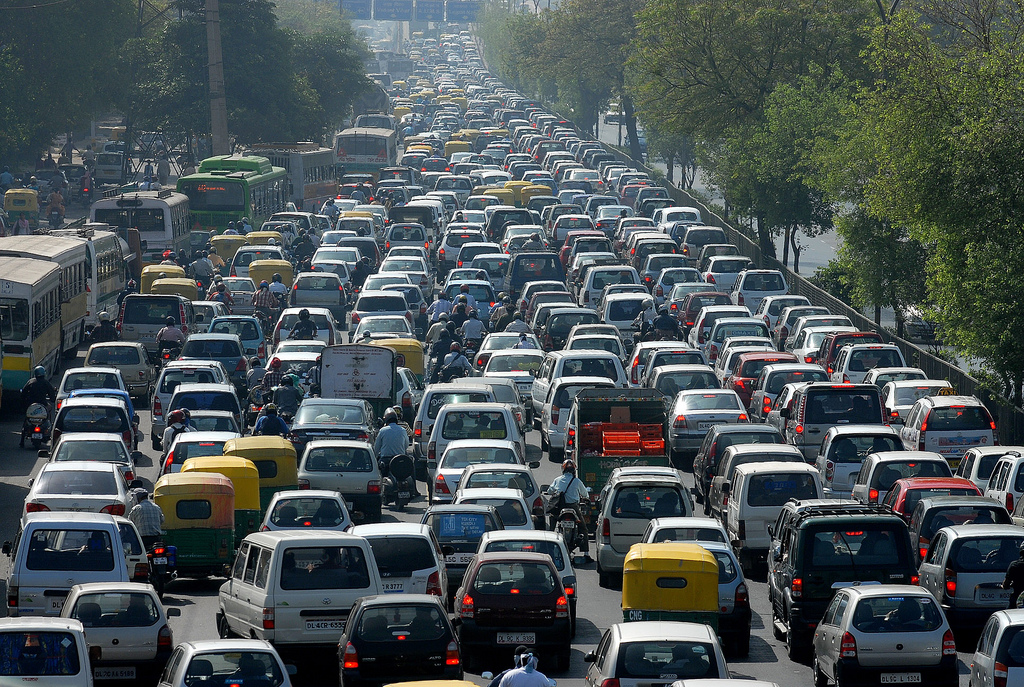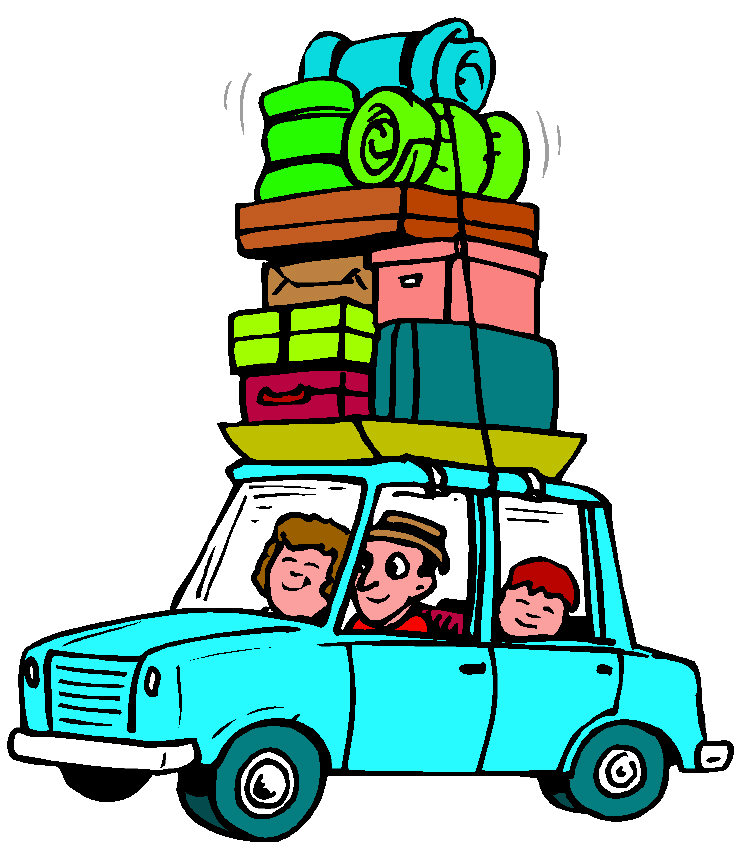We at Agency by the Mall know the language used by the insurance industry can be confusing. We want to make sure that you clearly understand your options and know precisely what you’re paying for.
Here are some terms we use for types of coverage. There are also a variety of other terms that might be unfamiliar to you. We hope this glossary helps make the world of insurance easier to understand.
Additional Living Expenses
If you can’t live in your home because of a covered loss, your insurance company may pay the necessary increase in living expenses while damage is assessed and your home is repaired or rebuilt.
Broad Form Liability Coverage
Helps protect you from expenses related to injuries or property damage you or your watercraft cause in an accident. Some policies also cover certain accidental fuel spill liabilities and wreckage removal.
C.L.U.E.
Comprehensive Loss Underwriting Exchange is a claims history database that enables insurance companies to access consumer claims information when they are underwriting or rating an insurance companies to access consumer claims information when they are underwriting or rating an insurance policy. It typically contains up to five years of personal auto or personal property claims history. You can order a C.L.U.E. report from LexisNexis Personal Reports or call 1-866-312-8076. You may also request a copy from the seller of a home you are purchasing or thinking about purchasing.
Collision Coverage
This type of coverage pays to repair your auto, classic auto, motorcycle, RV damages caused by an accident. One of our agents can help you determine the limits you need based on the agreed value of your vehicle.
Comprehensive Coverage
This type of coverage pays to repair or replace your vehicle if it is stolen, vandalized or damaged in some way other than in a collision. It may include loss from fire, cracked windshields, floods, falling objects, and wind.
Custom Parts and Equipment Coverage
Many motorcycle owners like to customize their rides, and some policies pay for customized parts and equipment, often at no extra charge. Ask one of our agents for details.
Deductible
When you get insurance, you agree to pay up to a certain amount out-of-pocket in case of a loss. This amount is called your deductible. The deductible you choose often affects how much you pay for your premium. For example, a higher deductible usually means a lower premium. In the case of a covered loss, you’ll only be required to pay your deductible, and the insurance company usually covers the rest, up to the applicable limit for that loss under your policy.
Emergency and Roadside Assistance
For auto, boat and personal watercraft, emergency assistance pays for the cost of towing or emergency service. For RVs, it also covers housing and transportation costs if your RV becomes uninhabitable and covers the loss of personal property in your RV. Some policies also provide roadside assistance for motorcycles.
Excess Liability
Sometimes used interchangeably with “umbrella”, excess liability refers to extended liability coverage. This coverage is meant to supplement your insurance coverage if the damages exceed your liability coverage. Be sure to talk to one of our agents about what your excess liability covers.
Fidelity Coverage
Companies and businesses often purchase this coverage to protect them against loss from employee dishonesty (such as theft of money, equipment, or other assets).
Identity Theft
Identity theft occurs when someone steals your personal information and uses it to open accounts or incur charges without your permission. Thieves can access your personal information in a variety of ways, including stealing your personal mail, your wallet, or hacking your computer files. The thief then uses your identity to rack up debt in your name or to issue fake IDs.
Indemnity
Providing indemnity means to financially restore someone after a loss through payment, repair or replacement.
Insurance Score
A Credit Based Insurance Score (CBIS) is derived from information on your credit report. It is a number that measures likelihood of having an insurance claim–not a measure of credit worthiness. Insurers us CBIS along with a number of other factors including driving records, claims history, and the type of home or vehicle owned, to evaluate new and renewal auto and homeowner insurance policies. Most states have rules about how information can be used in insurance. Contact your state’s Department of Insurance for the latest information on your state’s rules.
Medical Coverage (Home)
This type of coverage covers medical expenses for guests if they are injured on your property, and, in certain cases, people who are injured off of your property. It does not cover healthcare costs for you or other members of your household.
Medical Coverage (Auto, Boat/Personal Watercraft, Motorcycle, RV)
This type of coverage provides medical expenses incurred from an accident for your passengers and yourself.
Liability and Personal Liability Coverage
For homeowners, this coverage applies if someone is injured or property is damaged and you are to blame. The coverage applies anywhere in the world. When choosing liability coverage for your home, auto, boat, personal watercraft, or RV, consider how much money you make and what you own. Your liability coverage should be high enough to protect your belongings if you are sued.
Personal Property Coverage
Your home is filled with furniture, clothes, sports equipment, and other items that mean a lot to you. This coverage helps repair or replace these items if they are lost, stolen, or destroyed as a result of an insured event.
Personal Watercraft (PWC)
A personal watercraft (PWC) is as recreational watercraft that the rider sits or stands on, rather than inside of, as in a boat. Models have an inboard engine driving a pump jet that has a screw-shaped impeller to create thrust for propulsion and steering.
Premium
Simply put, a premium is the payment you make in exchange for one term of policy coverage. The higher the premium, the lower the deductible.
Property or Dwelling Coverage
This type of coverage typically pays to repair or rebuild your home if it’s damaged or destroyed by an insured event.
Scheduled Personal Property Coverage
If you have special possessions such as jewelry, art, antiques or collectibles, you may want to talk to one of our agents about this additional coverage.
Umbrella Insurance
Umbrella insurance is the coverage that may kick in when your losses under other insurance policies, such as homeowner’s and auto coverage, have exceeded policy limits.
Underwriter/Underwriting
Underwriting is the process of assessing risks when deciding whether to issue a policy of insurance.
Uninsured/Underinsured Motorist Coverage
This type of coverage pays for damages associated with bodily injury or death from an accident caused by an uninsured, underinsured, or hit-and-run driver, as defined by the law in the jurisdiction where the accident occurred, who is at fault.
Unattached Equipment Coverage
This type of coverage pays to repair or replace equipment that isn’t permanently attached to your boat or personal watercraft. This includes items like life jackets and water-skis.






 1) Speed. Let’s start with an obvious one–if you’re driving faster than the posted speed limit, you’re likely to be pulled over. Although there’s no guarantee that you won’t be pulled over for going 5 to 7 mph over the speed limit, Mike Brucks, a retired traffic cop, attests that his first priority was that drivers were driving in a safe and controlled manner, so it’s less likely to happen if you’re driving with the flow of traffic.
1) Speed. Let’s start with an obvious one–if you’re driving faster than the posted speed limit, you’re likely to be pulled over. Although there’s no guarantee that you won’t be pulled over for going 5 to 7 mph over the speed limit, Mike Brucks, a retired traffic cop, attests that his first priority was that drivers were driving in a safe and controlled manner, so it’s less likely to happen if you’re driving with the flow of traffic.











